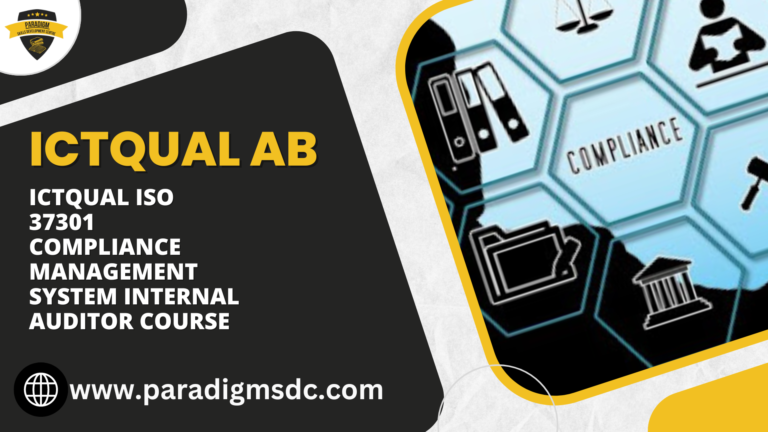Course Overview
The Certificate in Safeguarding Adults Train the Trainer is a comprehensive program designed to equip individuals with the necessary skills and knowledge to become proficient trainers in safeguarding adults. The course focuses on delivering effective training sessions to educate professionals and caregivers about safeguarding vulnerable adults from abuse, neglect, and exploitation.
Course Benefits
- Develop expertise in safeguarding adults training, enhancing career opportunities in social work, healthcare, and related fields.
- Gain the ability to train and educate others, contributing to the protection and well-being of vulnerable adults.
- Acquire valuable communication and presentation skills, essential for successful training delivery.
- Enhance understanding of safeguarding policies, procedures, and best practices.
- Make a positive impact on society by creating awareness and promoting a safeguarding culture.
Learning Outcomes
By the end of this course, participants will:
- Demonstrate an in-depth understanding of safeguarding adults, including types of abuse, risk factors, and relevant legislation.
- Develop effective training techniques and methodologies tailored to different learning styles and audience needs.
- Create engaging training materials, including presentations, case studies, and interactive activities.
- Gain proficiency in facilitating discussions and handling sensitive topics related to safeguarding adults.
- Understand the importance of confidentiality, ethical considerations, and reporting mechanisms in safeguarding training.
- Evaluate the effectiveness of safeguarding adults training through feedback and assessment.
Entry Requirements
- Participants should have a basic understanding of safeguarding principles and prior experience in relevant fields such as social work, healthcare, or community services.
- Proficiency in English language communication is necessary for successful completion of the course.
Study Units
- Introduction to Safeguarding Adults Training
- Understanding the importance of safeguarding vulnerable adults
- Overview of relevant legislation and policies
- Types of Abuse and Recognizing Vulnerability
- Identifying different forms of abuse (physical, emotional, financial, etc.)
- Recognizing signs of vulnerability in adults
- Effective Training Techniques
- Adult learning principles and training methodologies
- Creating engaging training materials
- Facilitation Skills and Managing Difficult Discussions
- Techniques for facilitating group discussions
- Addressing sensitive topics and challenging scenarios
- Safeguarding Policies and Reporting Procedures
- Familiarization with organizational safeguarding policies
- Understanding reporting mechanisms and confidentiality
Who is this course for
- Social workers and care professionals working with vulnerable adults.
- Healthcare professionals and caregivers responsible for adult care.
- Community workers and volunteers involved in supporting vulnerable adults.
- Trainers and educators seeking to specialize in safeguarding adults training.
Future Progressions
Upon successful completion of the Certificate in Safeguarding Adults Train the Trainer, participants may consider the following progressions:
- Advanced level courses in safeguarding and protection of vulnerable adults.
- Pursuing relevant academic qualifications or certifications in social work, healthcare, or education.
- Gaining practical experience as a safeguarding trainer in various settings such as care homes, healthcare organizations, or community centers.
- Exploring opportunities to design and develop safeguarding training programs for specific target audiences.







